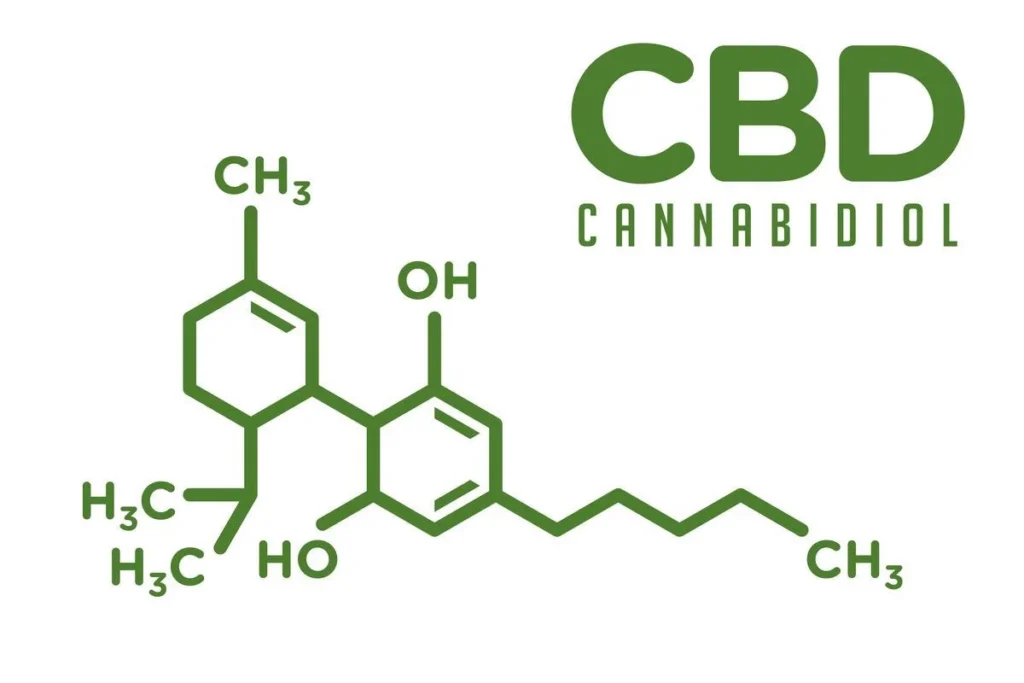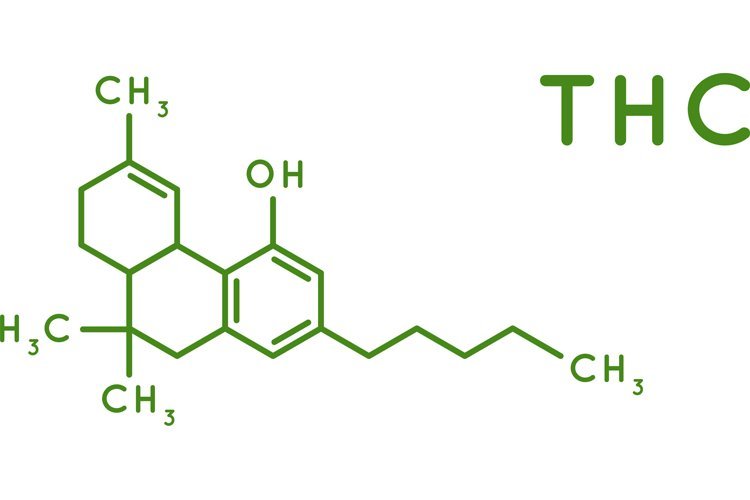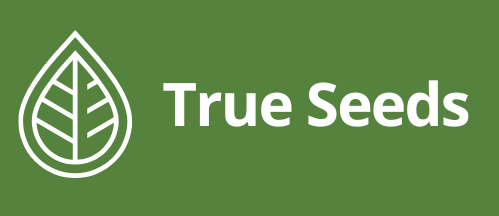Cannabis is becoming more accepted around the world—for both medical and recreational use. But when it comes to mental health, especially anxiety, the relationship between weed and wellbeing isn’t as straightforward as it might seem. While some people use cannabis to relax and feel better, others say it makes their anxiety worse.
So what’s really going on? Can cannabis help anxiety, or does it sometimes do the opposite?
Let’s break it down.
How Cannabis Affects the Brain
Cannabis contains over 100 compounds called cannabinoids. The two most talked-about are:
THC (tetrahydrocannabinol) – the main psychoactive compound that gets you high.
CBD (cannabidiol) – non-intoxicating and thought to have calming, anti-anxiety effects.
These cannabinoids interact with your body’s endocannabinoid system (ECS), which helps regulate mood, stress, sleep, and more. Because of this, cannabis can definitely impact mental health—sometimes in helpful ways, and sometimes not.


Cannabis and Anxiety: The Good
For many people, small doses of cannabis—especially those high in CBD and low in THC—can bring on a sense of calm. That’s why some medical marijuana patients use it to help manage:
Generalized anxiety
Social anxiety
PTSD
Stress-related insomnia
CBD in particular is being studied for its potential to reduce anxiety without the high. In early research, CBD appears to help lower heart rate, reduce tension, and even decrease the intensity of social anxiety in some cases.
Low-dose THC can also have calming effects for certain individuals, especially those who are already familiar with how cannabis affects them.
Cannabis and Anxiety: The Bad
On the flip side, not everyone has a good experience. In some people, especially with high-THC strains, cannabis can:
Increase heart rate
Trigger racing thoughts
Cause paranoia or panic
Lead to feelings of disconnection
This is more likely to happen if you’re new to cannabis, take a high dose, or already have an anxiety disorder. It’s also why some people feel more anxious after using cannabis, especially if they’re prone to overthinking or social stress.
Why the Difference?
So why does cannabis help some people and make things worse for others?
Several factors come into play:
1. THC vs. CBD Content
Strains with high THC and low CBD are more likely to increase anxiety. CBD tends to have the opposite effect.
2. Dosage Matters
Low doses of THC can be relaxing. High doses can be overwhelming—especially for new users.
3. Individual Brain Chemistry
Everyone’s brain is different. Genetics, mental health history, and even hormone levels can affect how you respond to cannabis.
4. Set and Setting
Your mood, surroundings, and mindset before using cannabis can shape the experience. If you’re already anxious or in a stressful place, weed may amplify that.

